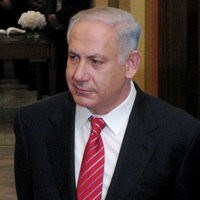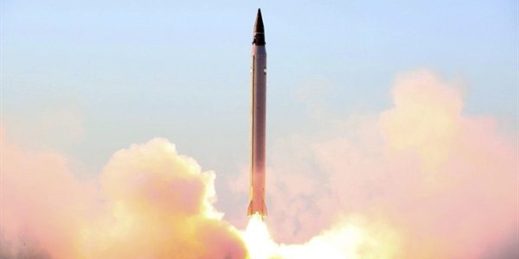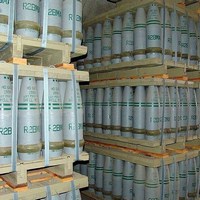
The first round of talks between Iran and the P5+1—China, France, Germany, Russia, the U.S. and the U.K.—in Geneva earlier this week ended on an upbeat note, with the concluding joint statement noting that the meeting had been conducted in a “positive atmosphere. A U.S. official was quoted as saying, “We really are beginning that type of negotiation where one could imagine that you could possibly have an agreement.” Having received the Iranian proposals, the negotiators are returning to consult with their respective governments and will reassemble in early November to assess the proposals submitted by Iranian Foreign Minister Mohammed […]




